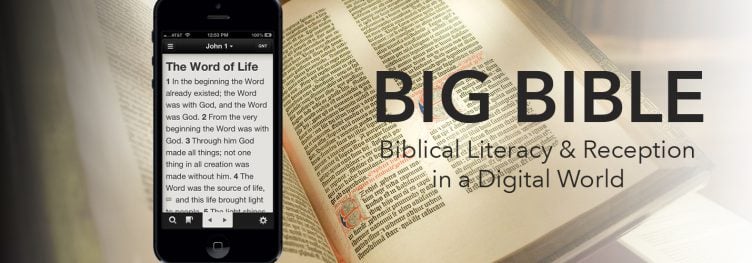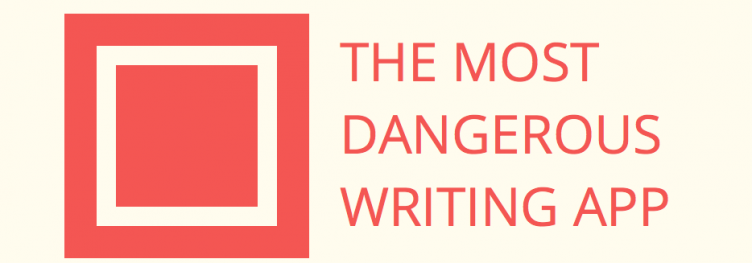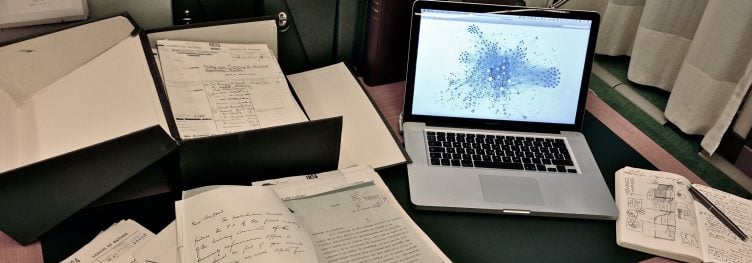I spent a lot of time with Luke-Acts the past few years, including with many of its commentators. Here are three random thoughts from recent reflection: Howard Marshall’s NIGTC Luke commentary from 1978 is still one of the most useful commentaries for quickly thumbing to a specific passage and finding the major issues laid out. And he did it in… Continue Reading









